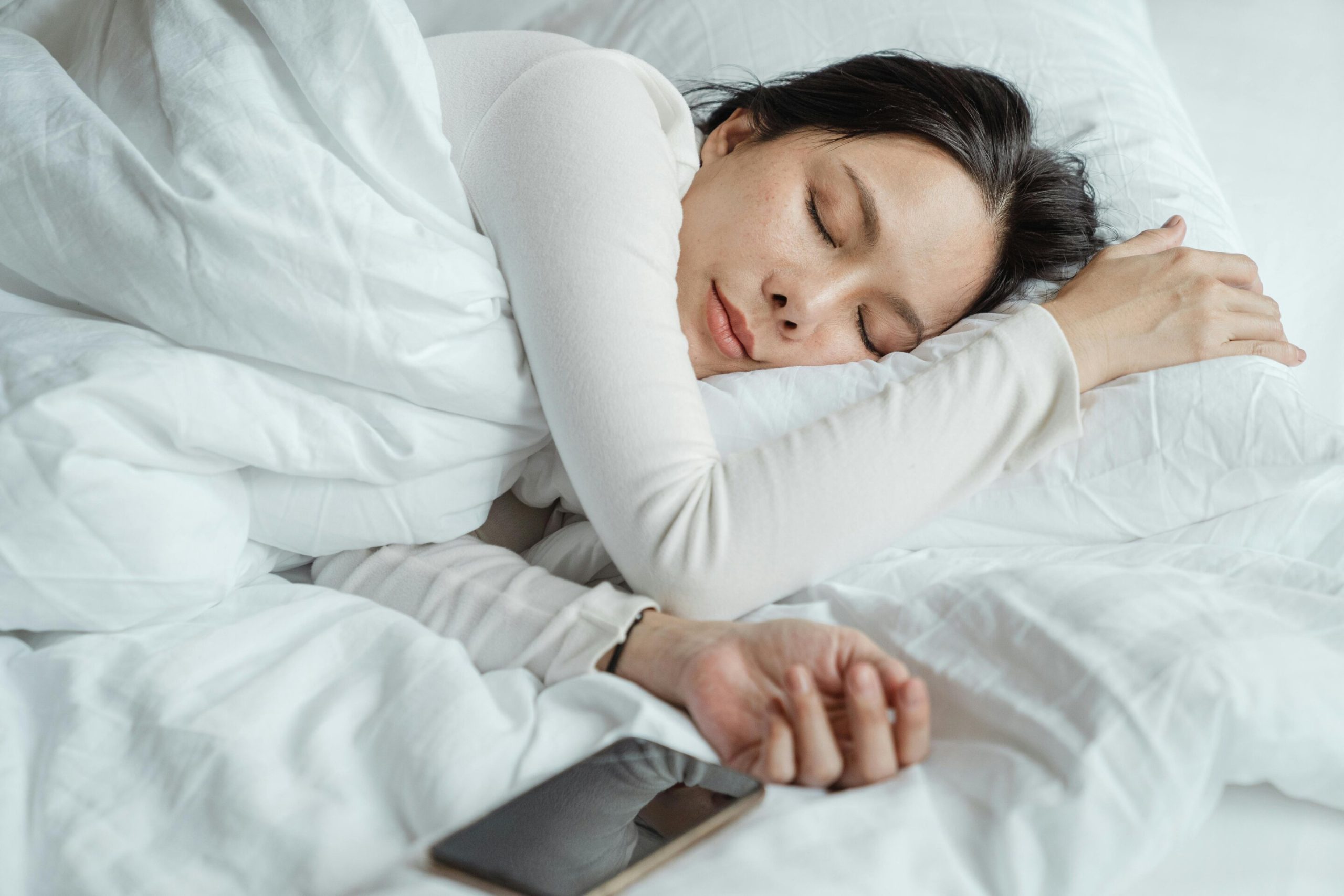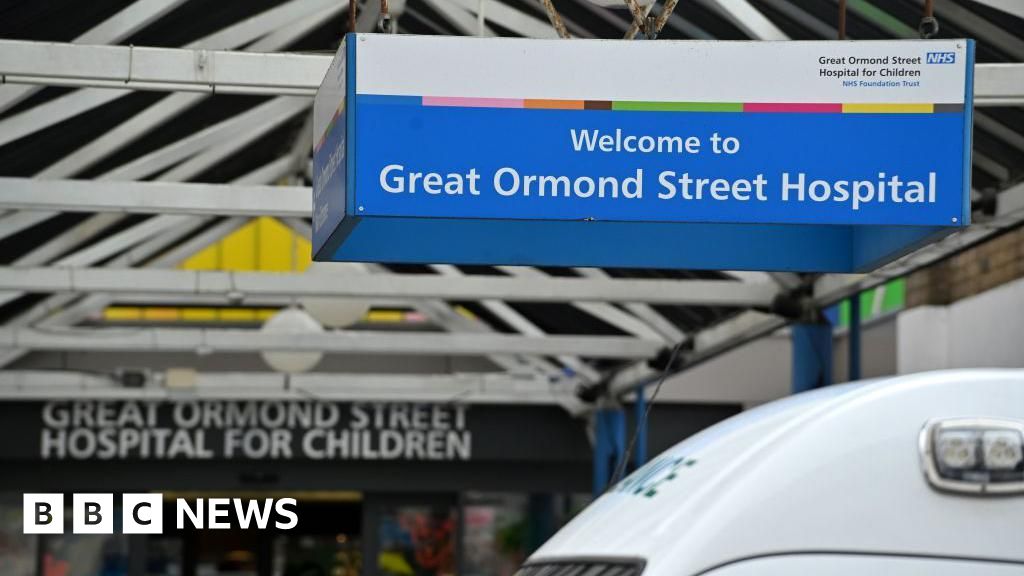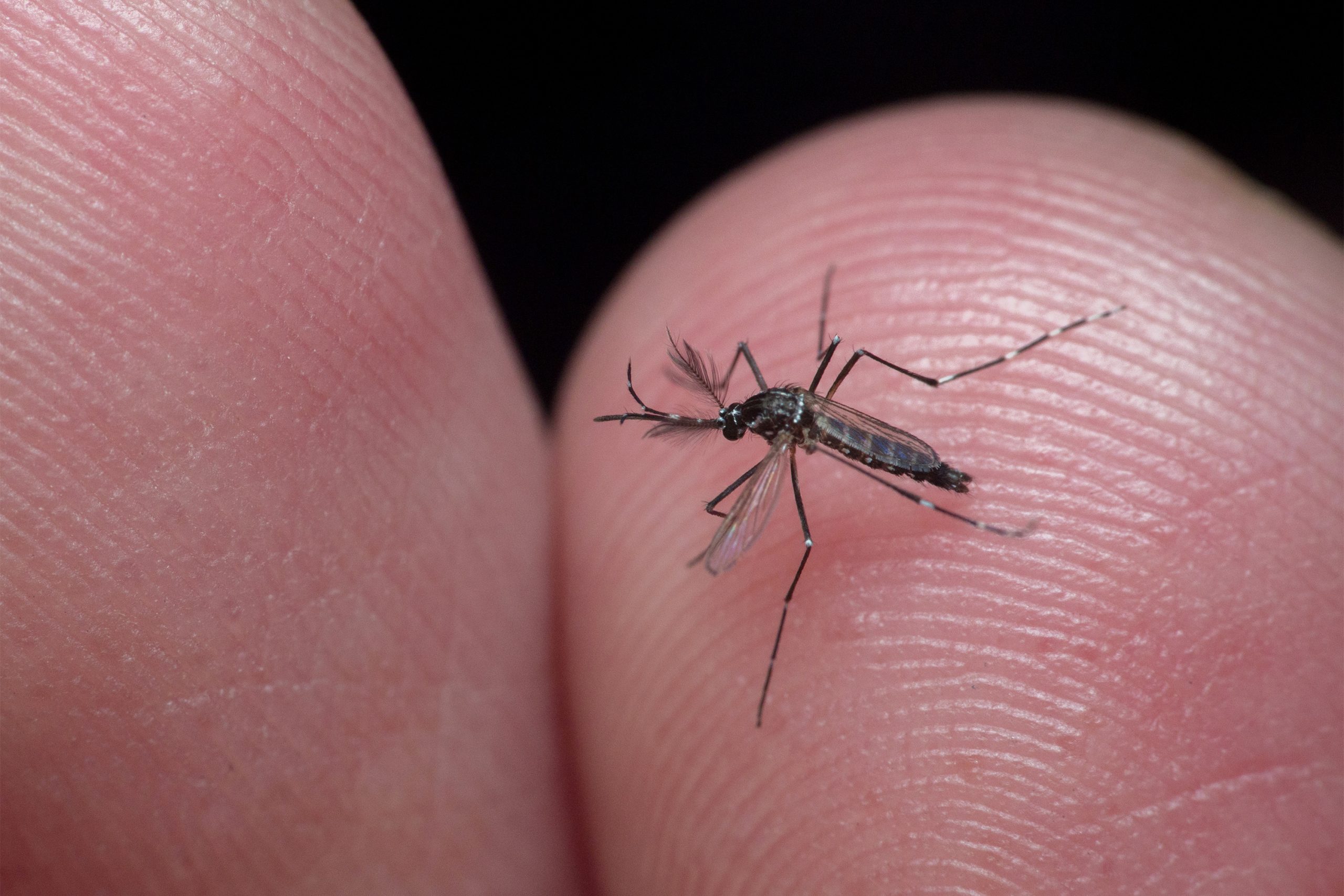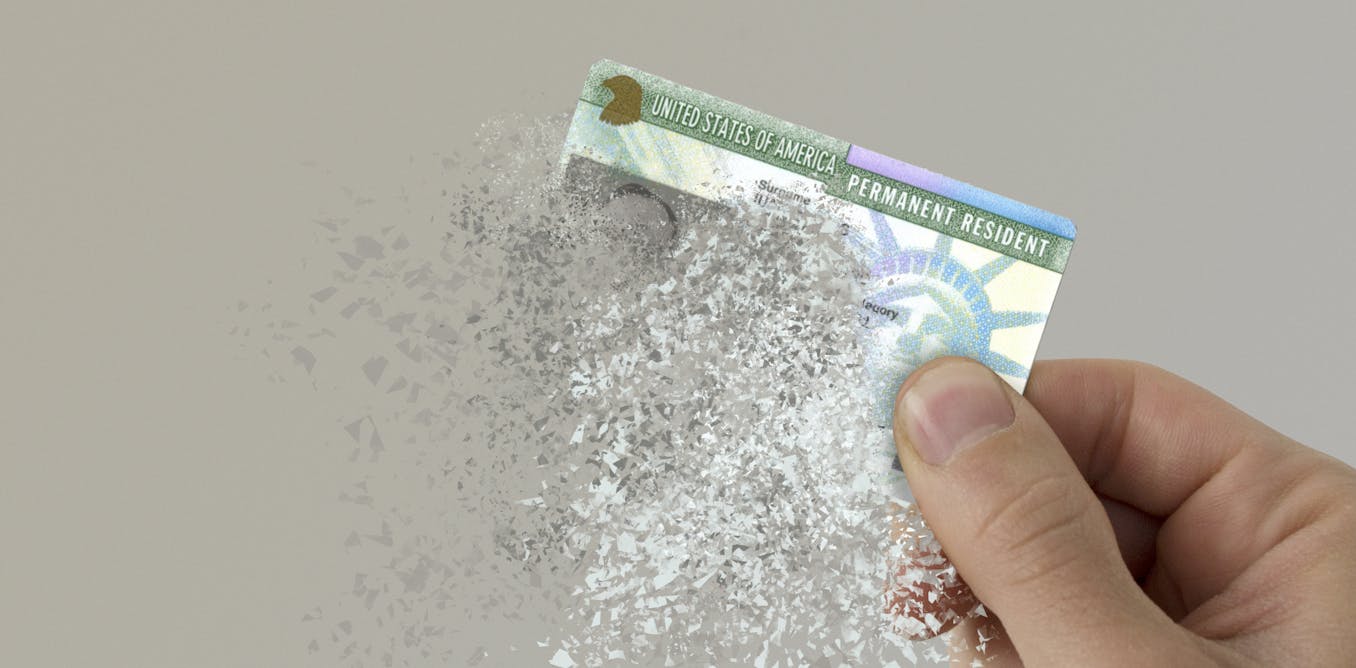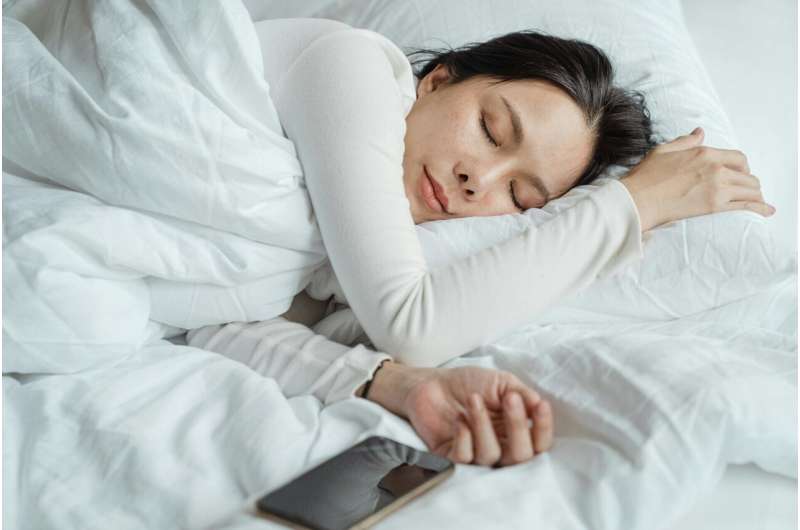
It’s one of the most pervasive messages about technology and sleep. We’re told bright, blue light from screens prevents us falling asleep easily. We’re told to avoid scrolling on our phones before bedtime or while in bed. We’re sold glasses to help filter out blue light. We put our phones on “night mode” to minimize exposure to blue light.
But what does the science actually tell us about the impact of bright, blue light and sleep? When our group of sleep experts from Sweden, Australia and Israel compared scientific studies that directly tested this, we found the overall impact was close to meaningless. Sleep was disrupted, on average, by less than three minutes.
We showed the message that blue light from screens stops you from falling asleep is essentially a myth, albeit a very convincing one.
Instead, we found a more nuanced picture of technology and sleep.
What we did
We gathered evidence from 73 independent studies with a total of 113,370 participants of all ages examining various factors that connect technology use and sleep.
We did indeed find a link between technology use and sleep, but not necessarily what you’d think.
We found that sometimes technology use can lead to poor sleep and sometimes poor sleep can lead to more technology use. In other words, the relationship between technology and sleep is complex and can go both ways.
How is technology supposed to harm sleep?
Technology is proposed to harm our sleep in a number of ways. But here’s what we found when we looked at the evidence:
-
Bright screen light—across 11 experimental studies, people who used a bright screen emitting blue light before bedtime fell asleep an average of only 2.7 minutes later. In some studies, people slept better after using a bright screen. When we were invited to write about this evidence further, we showed there is still no meaningful impact of bright screen light on other sleep characteristics including the total amount or quality of sleep
-
Arousal is a measure of whether people become more alert depending on what they’re doing on their device. Across seven studies, people who engaged in more alerting or “exciting” content (for example, video games) lost an average of only about 3.5 minutes of sleep compared to those who engaged in something less exciting (for example, TV). This tells us the content of technology alone doesn’t affect sleep as much as we think
- We found sleep disruption at night (for example, being awoken by text messages) and sleep displacement (using technology past the time that we could be sleeping) can lead to sleep loss. So while technology use was linked to less sleep in these instances, this was unrelated to being exposed to bright, blue light from screens before bedtime.
Which factors encourage more technology use?
Research we reviewed suggests people tend to use more technology at bedtime for two main reasons:
There are also a few things that might make people more vulnerable to using technology late into the night and losing sleep.
We found people who are risk-takers or who lose track of time easily may turn off devices later and sacrifice sleep. Fear of missing out and social pressures can also encourage young people in particular to stay up later on technology.
What helps us use technology sensibly?
Last of all, we looked at protective factors, ones that can help people use technology more sensibly before bed.
The two main things we found that helped were self-control, which helps resist the short-term rewards of clicking and scrolling, and having a parent or loved one to help set bedtimes.
Why do we blame blue light?
The blue light theory involves melatonin, a hormone that regulates sleep. During the day, we are exposed to bright, natural light that contains a high amount of blue light. This bright, blue light activates certain cells at the back of our eyes, which send signals to our brain that it’s time to be alert. But as light decreases at night, our brain starts to produce melatonin, making us feel sleepy.
It’s logical to think that artificial light from devices could interfere with the production of melatonin and so affect our sleep. But studies show it would require light levels of about 1,000–2,000 lux (a measure of the intensity of light) to have a significant impact.
Device screens emit only about 80–100 lux. At the other end of the scale, natural sunlight on a sunny day provides about 100,000 lux.
What’s the take-home message?
We know that bright light does affect sleep and alertness. However, our research indicates the light from devices such as smartphones and laptops is nowhere near bright or blue enough to disrupt sleep.
There are many factors that can affect sleep, and bright, blue screen light likely isn’t one of them.
The take-home message is to understand your own sleep needs and how technology affects you. Maybe reading an e-book or scrolling on socials is fine for you, or maybe you’re too often putting the phone down way too late. Listen to your body and when you feel sleepy, turn off your device.
This article is republished from The Conversation under a Creative Commons license. Read the original article.![]()
Citation:
How much does your phone’s blue light really delay your sleep? Relax, it’s just 2.7 minutes (2024, August 21)
retrieved 5 September 2024
from https://medicalxpress.com/news/2024-08-blue-delay-minutes.html
This document is subject to copyright. Apart from any fair dealing for the purpose of private study or research, no
part may be reproduced without the written permission. The content is provided for information purposes only.

